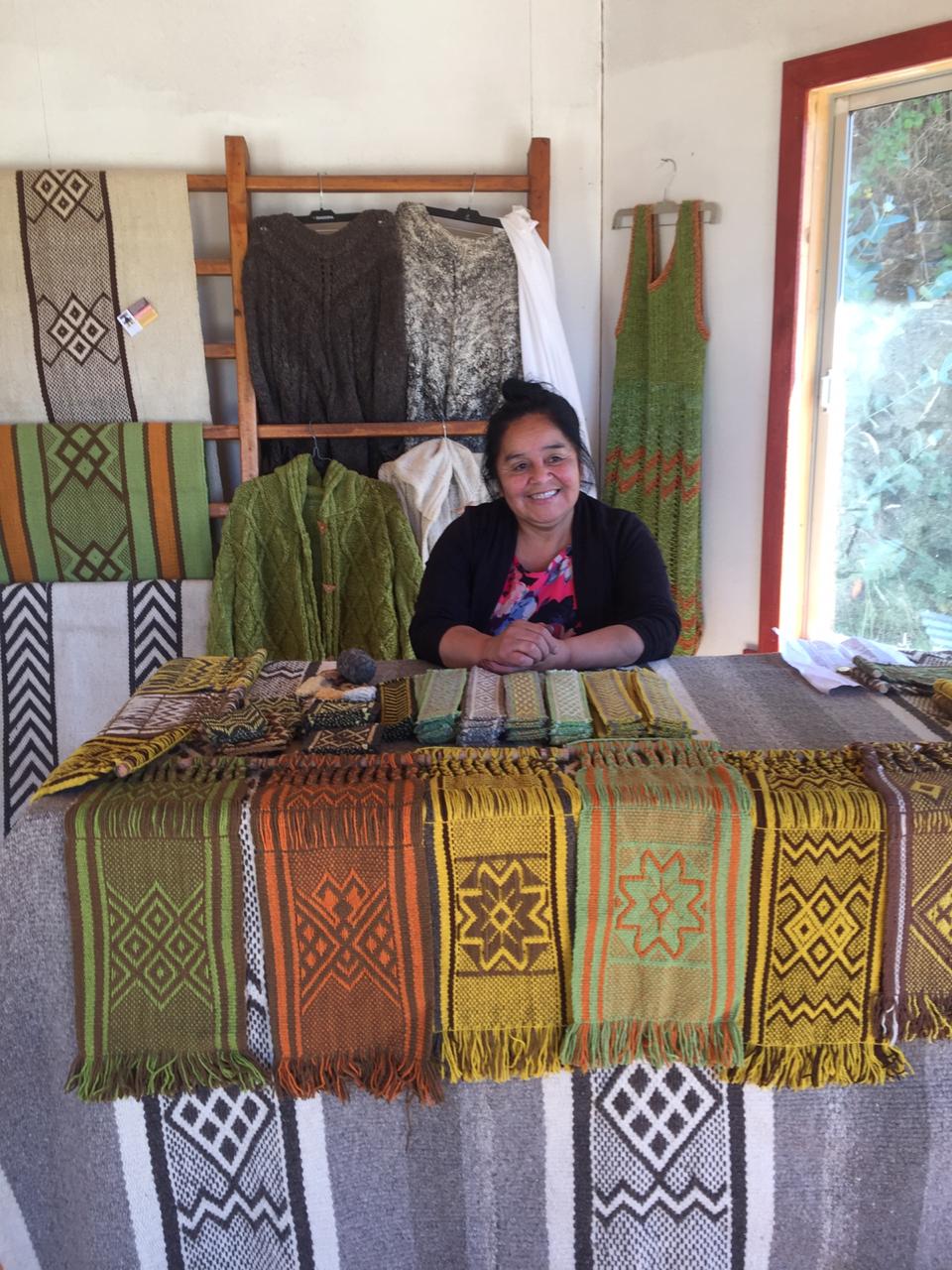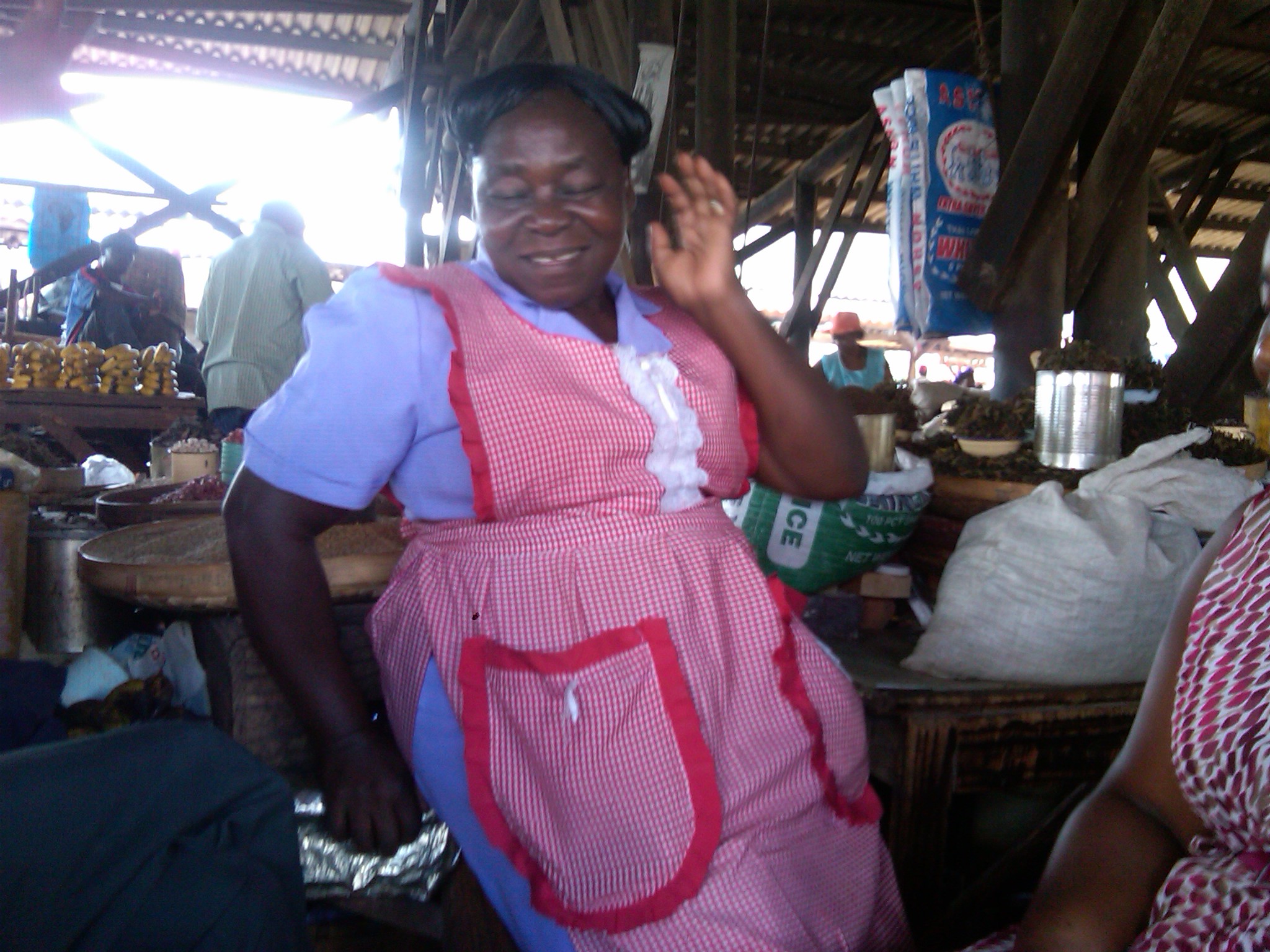In the midst of a global pandemic and the resulting economic crisis, it is more important than ever to support economically disenfranchised women and empower them to build resilience.
COVID-19 has laid bare the global inequities that marginalized people face transnationally. And we know that on the whole, women tend to be disproportionately harmed and disadvantaged by these large scale crises like COVID-19, climate change, and economic precarity.
That’s why we remain committed to empowering economically disadvantaged women in Zimbabwe and Chile, and believe that resilience-building is an important part of that empowerment. But what is resilience, and how do you build it—especially in a world of crisis?
What is Resilience?
Resilience can be defined as the process through which we adapt to hardship and learn to overcome adversities. But resilience is not necessarily an inherent skill—it is something that can be learned.
According to Susan Kobasa, there are three primary elements that are necessary to building resilience: challenge, commitment and personal control. Overcoming difficulty requires a change of mindset wherein roadblocks become challenges to best rather than barriers, facilitating a path towards goal commitment and empowerment. Focusing on changing what can be controlled rather than feeling helpless about what is uncontrollable can help prevent emotional drainage and loss of confidence in major projects. These three skills are essential in reimagining a future that is possible and achievable.
Why It’s More Important Than Ever
Situations of global precarity, such as climate change, disproportionately affect already vulnerable individuals, such as the women in Chile and Zimbabwe who we work with. This insecurity has only been amplified by COVID-19 as the ability to work, engage with local communities, and access necessary resources have been significantly impacted. As such, skill and resilience building in rural women living in areas where the labor force and the acquisition of capital have been significantly influenced by these global crises is pressing.
How We’re Helping
Through our microfinance institute and scholarships, we at SKIC work to financially empower women and build self-sufficiency in economically unsupported communities. Our goal is to provide women with the tools they need to build resilience, promote growth locally and become financially independent.



